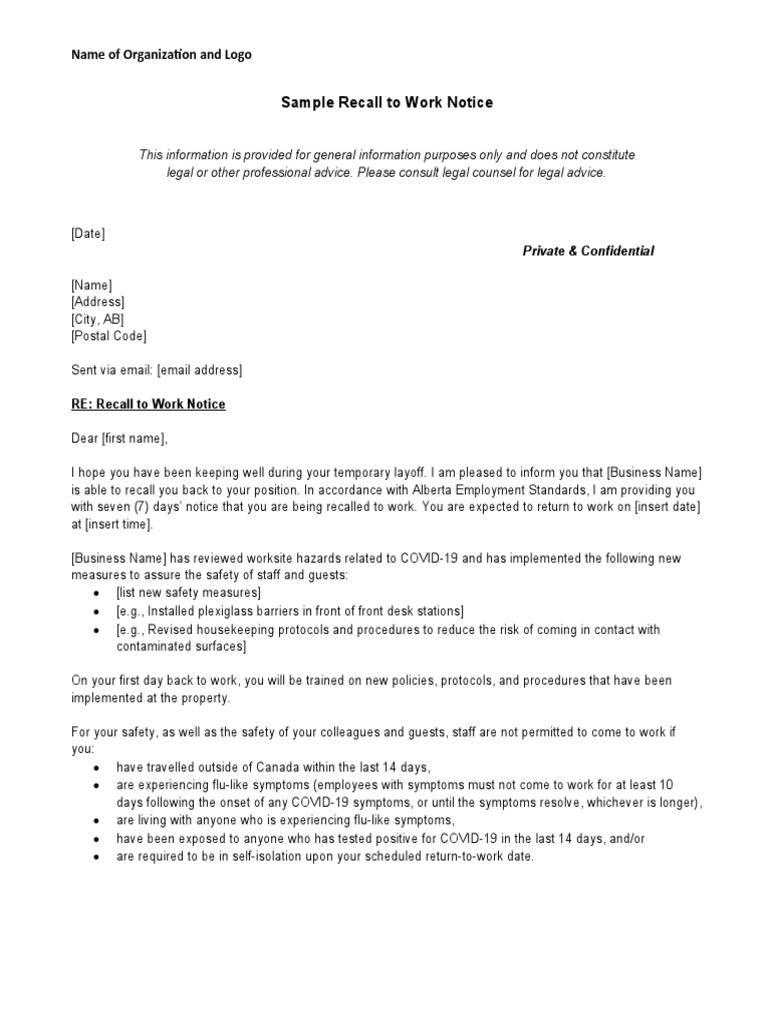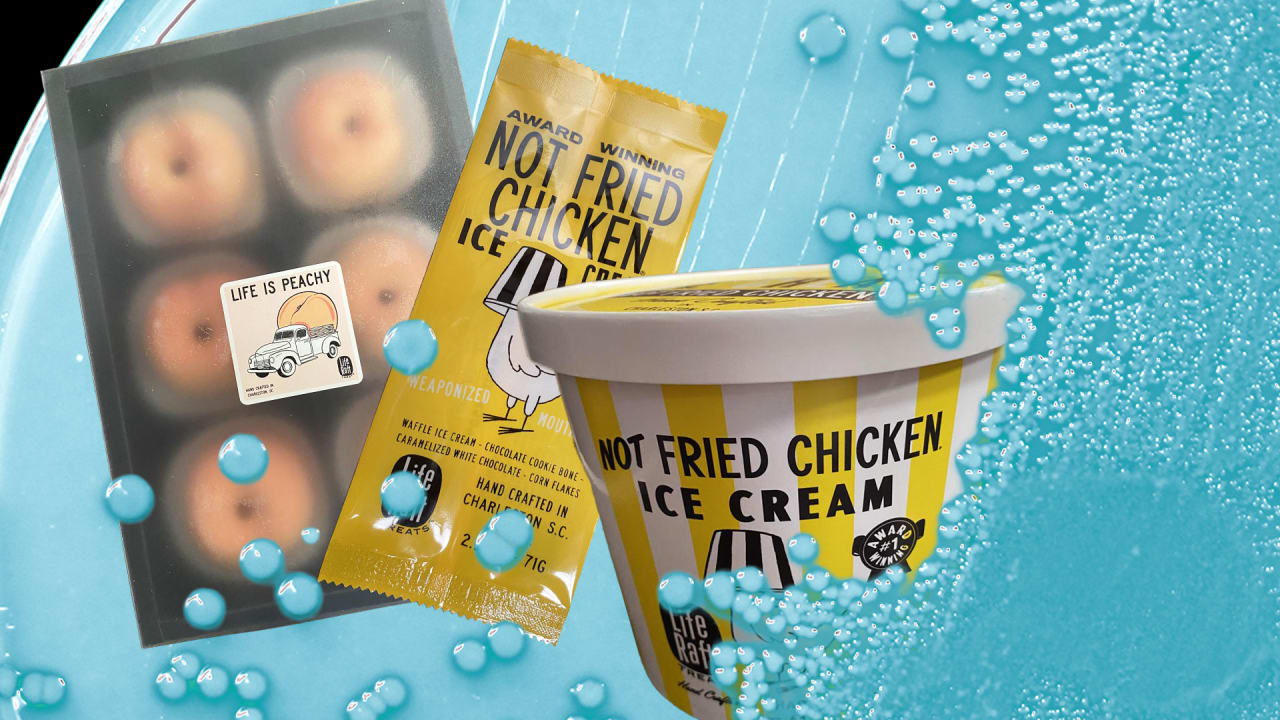Acne medication recall has become a growing concern for many people, especially those who rely on these products to manage their skin conditions. Imagine waking up one day and discovering that the medication you've been using for months is suddenly under scrutiny or even pulled off the shelves. It’s not just frustrating—it’s alarming. In this article, we'll break down everything you need to know about acne medication recalls, why they happen, and what you can do to protect yourself.
You’ve probably heard whispers about certain medications being flagged for safety concerns. Whether it’s due to side effects, contamination, or labeling errors, acne medication recalls are real, and they’re something you should be aware of. This isn’t just about avoiding bad skin days; it’s about safeguarding your health and making informed decisions.
Let’s dive into the nitty-gritty of acne medication recalls, including how they affect consumers, what steps manufacturers take when issues arise, and how you can stay ahead of the curve. By the end of this article, you’ll have all the tools you need to navigate this tricky landscape without losing your cool—or your skin game.
Read also:Say Yes To The Dress Streaming The Ultimate Guide For Fans
Here’s a quick rundown of what we’ll cover:
- What is Acne Medication Recall?
- Why Do Recalls Happen?
- Common Issues in Recalled Products
- How to Identify a Recall
- Steps to Take During a Recall
- Preventing Future Issues
- Understanding Product Safety
- Consumer Rights and Recalls
- Staying Updated on Recalls
- Conclusion: Acne Medication Recall
What is Acne Medication Recall?
An acne medication recall happens when a product is removed from the market because it poses a potential risk to consumers. This could be due to contamination, mislabeling, or even unexpected side effects. Think of it like a safety net for users—if something seems off with a product, regulators step in to ensure no one gets hurt.
Recalls aren’t always dramatic or catastrophic. Sometimes, they’re minor adjustments to labeling or warnings. Other times, though, entire batches of medication are pulled from shelves because of serious concerns. Either way, it’s important to stay informed so you don’t end up using something that could harm you.
Why Are Recalls Important?
Recalls exist to protect people from harm. When a product is found to be unsafe, manufacturers and regulatory agencies act quickly to remove it from circulation. For acne sufferers, this is particularly crucial because many treatments involve active ingredients that interact directly with your skin and body.
Remember, your skin is your body’s largest organ. Anything you put on it absorbs into your bloodstream, so ensuring the products you use are safe is non-negotiable.
Why Do Recalls Happen?
There’s no single reason why acne medications get recalled. However, some common factors include:
Read also:Ricky Ariana Grande The Untold Story Of A Rising Star
- Contamination: During manufacturing, products might come into contact with harmful substances, making them unsafe for use.
- Mislabeling: Incorrect dosage instructions or missing warnings can lead to misuse and adverse reactions.
- Unexpected Side Effects: Some medications may cause unforeseen issues after long-term use, prompting manufacturers to reassess their safety.
- Regulatory Non-Compliance: Products that don’t meet FDA or other regulatory standards can also face recalls.
It’s worth noting that recalls don’t necessarily mean a product is dangerous in every scenario. Sometimes, only specific batches or formulations are affected. That’s why it’s essential to check recall notices carefully.
Who Oversees These Recalls?
In the U.S., the Food and Drug Administration (FDA) plays a key role in overseeing recalls. They work closely with manufacturers to identify problematic products and ensure they’re removed from the market promptly. Internationally, organizations like the European Medicines Agency (EMA) perform similar functions.
Common Issues in Recalled Products
Not all recalls are created equal. Some involve minor issues, while others signal significant risks. Here are a few examples of common problems:
- Bacterial Contamination: Some acne creams have been recalled due to the presence of harmful bacteria, which can cause infections.
- Allergic Reactions: Certain ingredients in medications might trigger severe allergic reactions in users.
- Incorrect Dosage: Products with incorrect concentration levels can lead to overuse or underuse, both of which can compromise effectiveness.
- Unapproved Ingredients: Some medications contain unapproved or banned substances that could pose health risks.
While these issues might sound scary, remember that recalls are designed to catch problems early. By paying attention, you can avoid falling victim to unsafe products.
How to Identify a Recall
So, how do you know if your favorite acne medication is part of a recall? There are several ways to stay informed:
- Check Manufacturer Websites: Most companies post recall notices on their official sites.
- Follow Regulatory Agencies: The FDA and similar bodies regularly update their websites with recall information.
- Sign Up for Alerts: Many agencies offer email or text alerts for recalls, so you’re notified immediately.
- Monitor News Outlets: Trusted media sources often report on major recalls, giving you another layer of awareness.
Pro tip: Keep track of lot numbers or batch codes on your products. If a recall does occur, you’ll be able to verify whether your specific item is affected.
What Should You Look For?
When checking for recalls, look for details such as:
- Product name and brand
- Lot or batch numbers
- Specific reasons for the recall
- Instructions for returning or disposing of the product
Having this information at hand makes it easier to take action if necessary.
Steps to Take During a Recall
If you discover that an acne medication you’re using has been recalled, don’t panic. Follow these steps to handle the situation:
1. Stop Using the Product Immediately
This one’s a no-brainer. If there’s any chance the product could harm you, stop using it right away. Your health comes first.
2. Contact Your Healthcare Provider
Reach out to your dermatologist or doctor for advice on alternative treatments. They can help you find a safe replacement while keeping your skin care routine intact.
3. Return or Dispose of the Product
Follow the manufacturer’s instructions for returning or disposing of the recalled item. Some companies may offer refunds or replacements, so it’s worth asking.
4. Report Any Side Effects
If you experienced adverse effects from the product, report them to the FDA’s MedWatch program or your local equivalent. This helps regulators gather data for future investigations.
Preventing Future Issues
While recalls are unavoidable, there are steps you can take to minimize your risk:
- Research Products Thoroughly: Before buying a new acne medication, read reviews and check its safety record.
- Stick to Reputable Brands: Established companies with strong track records are less likely to produce problematic products.
- Monitor Your Skin’s Reaction: Pay attention to how your skin responds to new treatments. If anything seems off, consult a professional.
- Stay Informed: Regularly check for updates on recalls and product safety.
By being proactive, you can protect yourself from potential pitfalls.
Understanding Product Safety
Product safety isn’t just about recalls—it’s about understanding what goes into the medications you use. Ingredients like benzoyl peroxide, salicylic acid, and retinoids are common in acne treatments, but they can also cause irritation if not used correctly.
Always read labels carefully and follow usage instructions. If you’re unsure about a product’s safety, consult a healthcare professional before trying it.
Consumer Rights and Recalls
As a consumer, you have certain rights when it comes to product safety. You’re entitled to accurate information about the products you buy, and manufacturers are obligated to address issues promptly if they arise.
If you believe your rights have been violated during a recall, don’t hesitate to contact the manufacturer or relevant regulatory agency. They’re there to help you resolve the issue.
Staying Updated on Recalls
Staying informed is the best defense against unsafe products. Use resources like the FDA’s website, subscribe to recall alerts, and follow trusted news outlets for the latest updates.
Consider joining online communities or forums where skincare enthusiasts share tips and warnings. These platforms can provide valuable insights into emerging trends and concerns.
Conclusion: Acne Medication Recall
Acne medication recalls might seem overwhelming, but with the right knowledge and tools, you can navigate them confidently. Remember to stay vigilant, research thoroughly, and prioritize your health above all else.
We’d love to hear your thoughts! Have you ever dealt with a product recall? What steps did you take to protect yourself? Share your experiences in the comments below, and don’t forget to share this article with anyone who could benefit from it.
Until next time, keep that skin game strong and stay informed!


